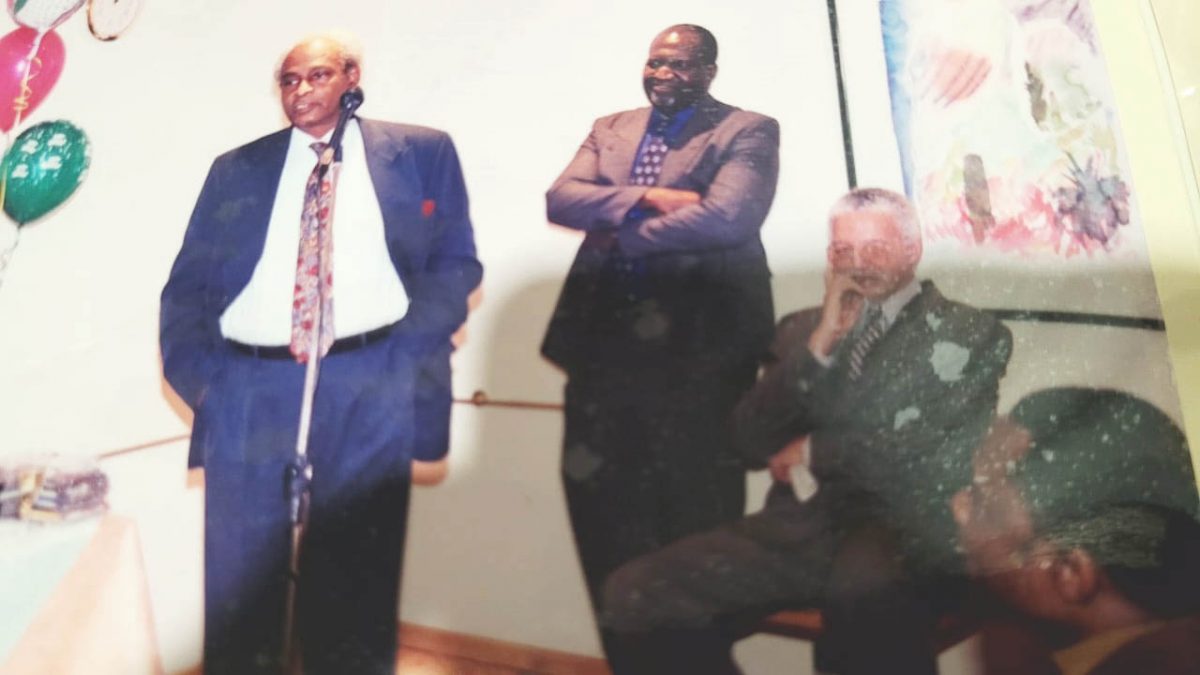By Carl B. Greenidge
The name Havelock Brewster undoubtedly should feature among those who helped to put Caribbean economic scholarship on the academic map.
In the early 1960s the workings of the global economic system and of world trade seemed to condemn developing states to perpetual poverty. In the search for a more convincing explanation of the mechanisms involved, economists turned to analytical frameworks beyond those of the classical school even as exemplified by the pioneering contribution of the venerable W A Lewis, Nobel Prize winner, for example. In the process, they turned to more radical and robust frameworks of analysis including Marxist economic analysis. In Latin America a Dependency School emerged which contended that underdevelopment or economic backwardness was the result of dependence and that the dependence was the product of the specific financial and institutional relationships between the periphery (and the LA region in particular) and the metropole. In the Caribbean, ‘The New World School of Economics’, following only partly in the footsteps of the work of the Caribbean’s own venerable Sir W Arthur Lewis and William Demas, set out to fashion a framework as well as a comprehensive programme of regional economic transformation relevant to the Caribbean and its small states. The members of that school included a core of economists such as Lloyd Best (with Kari Levitt) George Beckford and Alister McIntyre based at the University of the West Indies.

